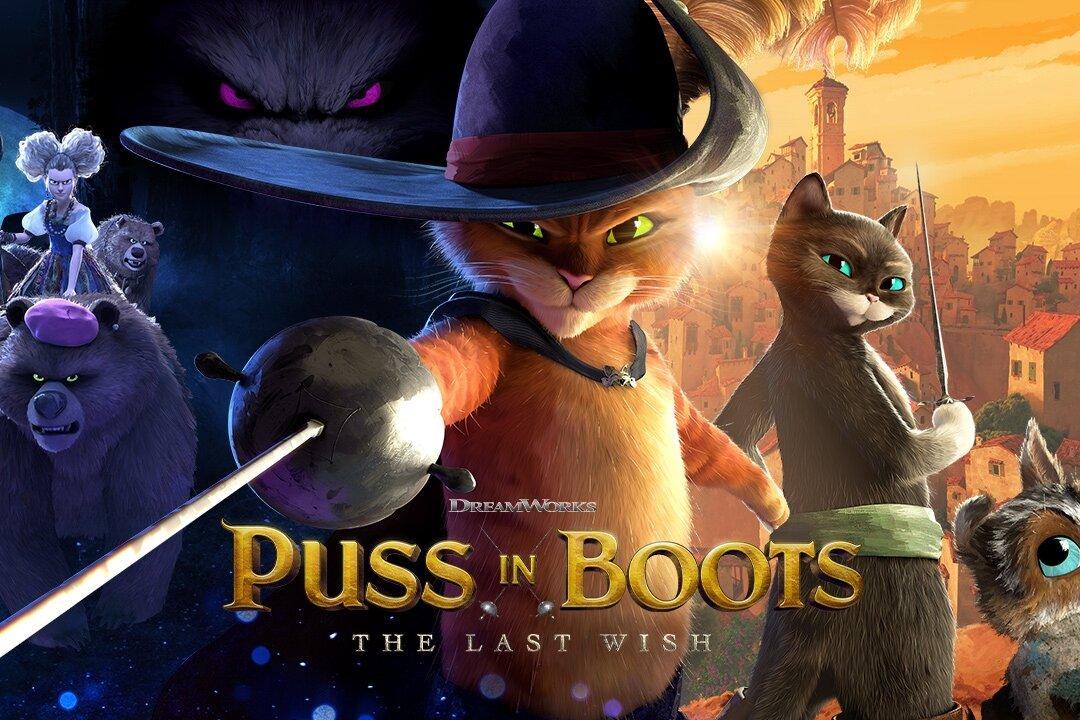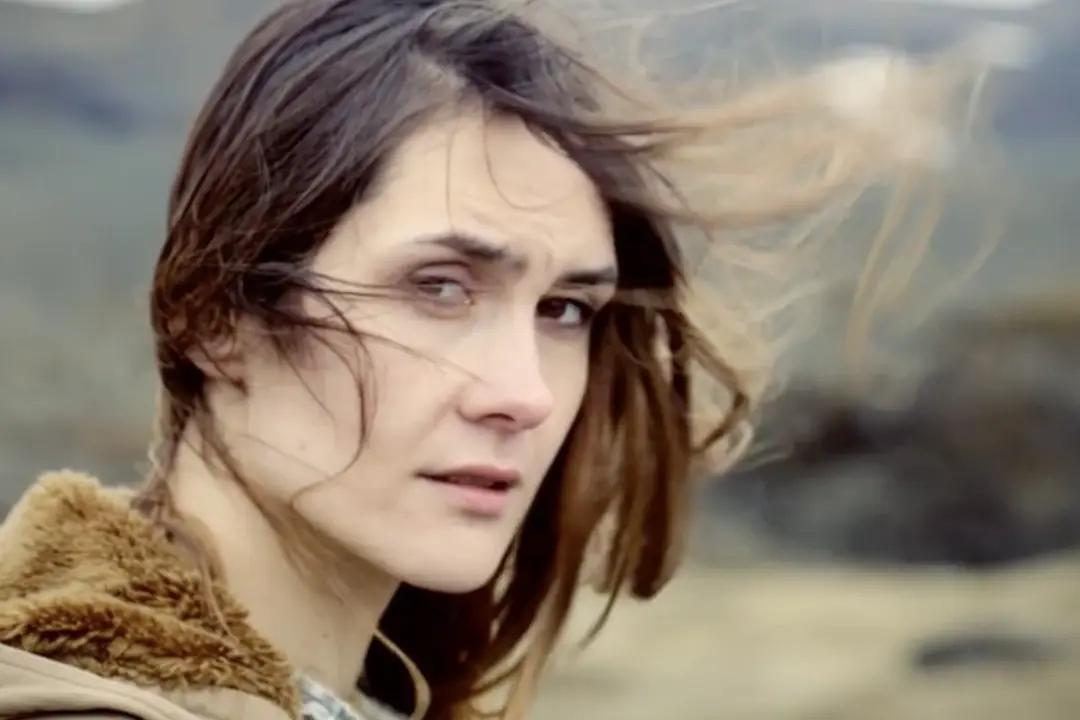Commentary

The poster of the movie “Puss in Boots: The Last Wish.” DreamWorks
Jon Miltimore is senior editor at the American Institute for Economic Research (AIER) and former managing editor of FEE.org. His writing/reporting has been the subject of articles in TIME magazine, The Wall Street Journal, CNN, Forbes, Fox News, Washington Examiner, and the Star Tribune.
Author’s Selected Articles




